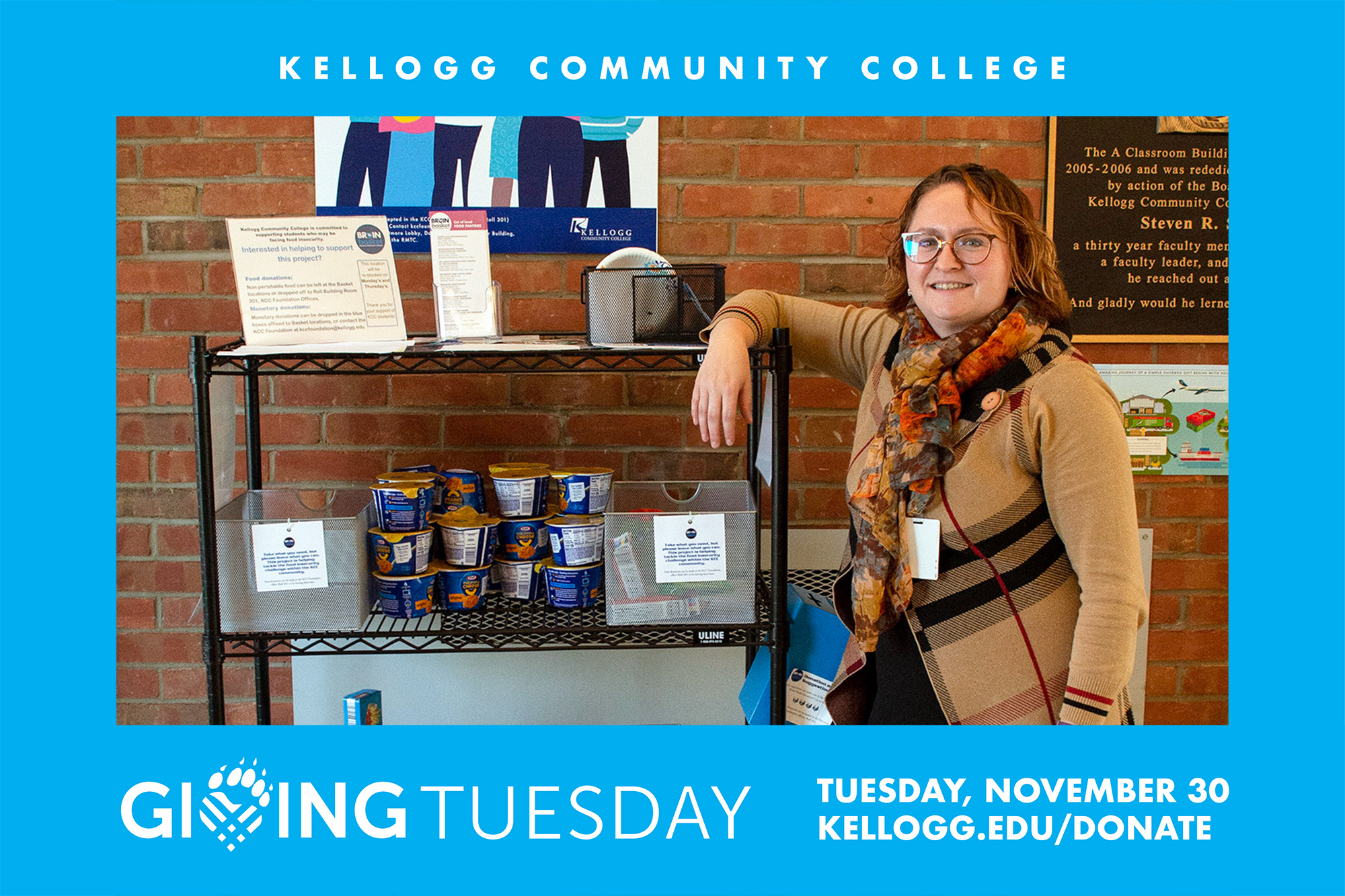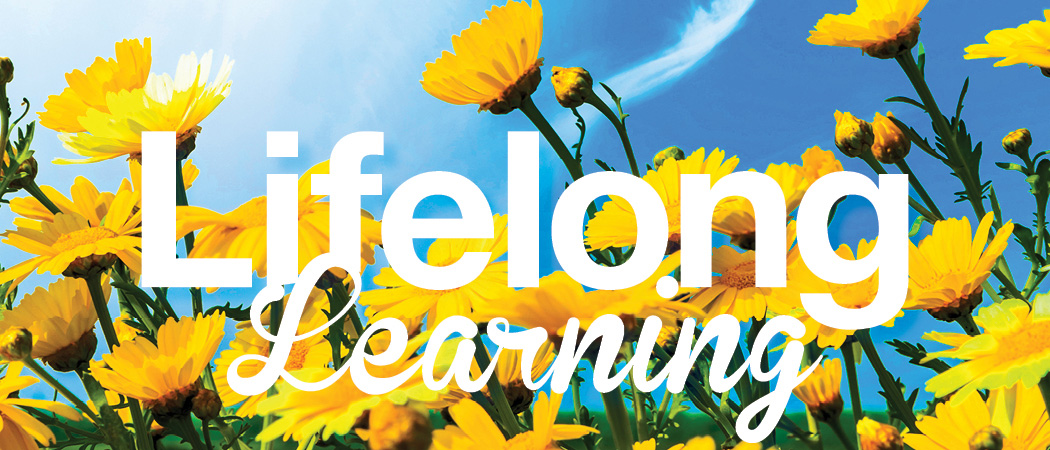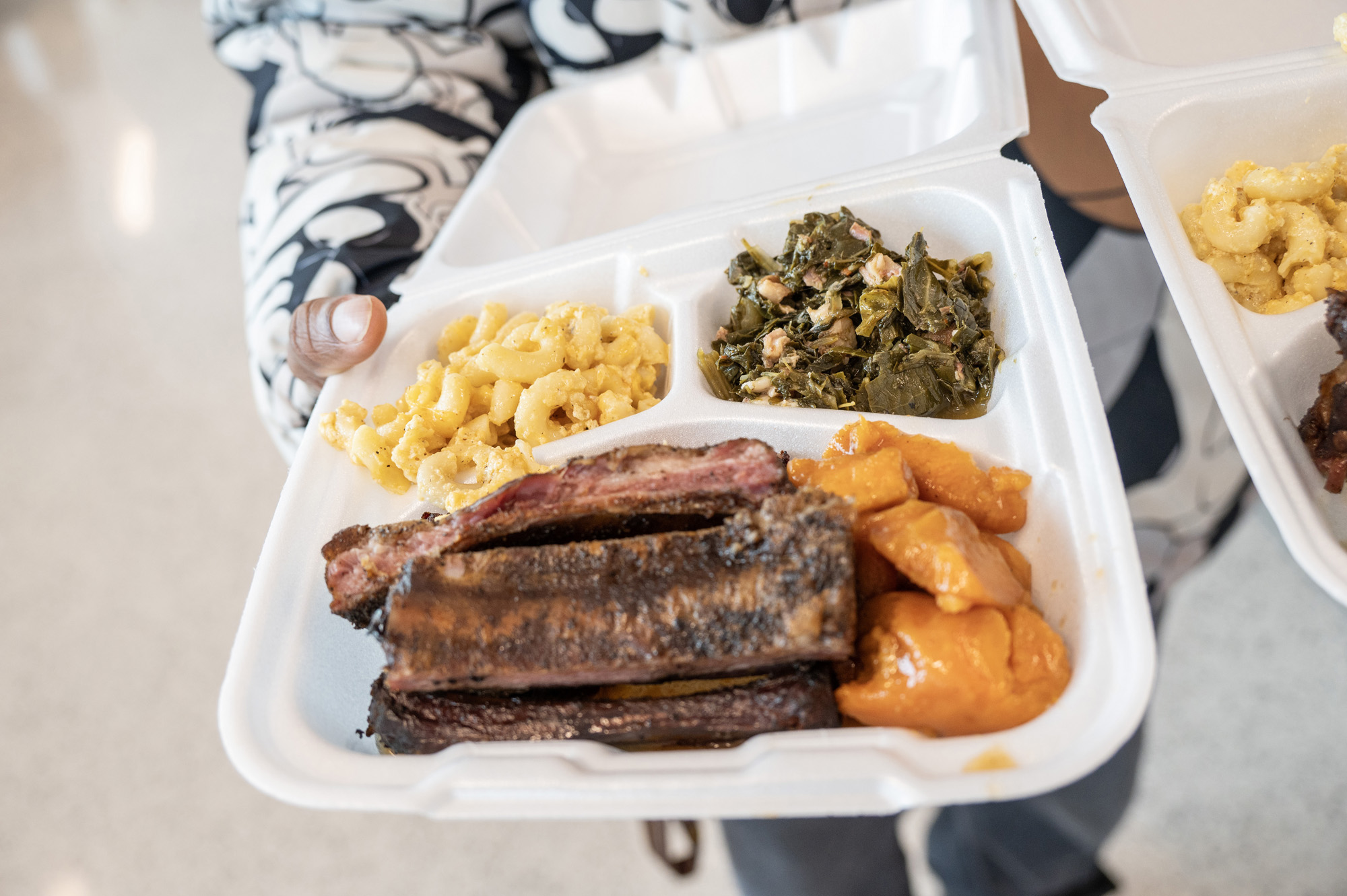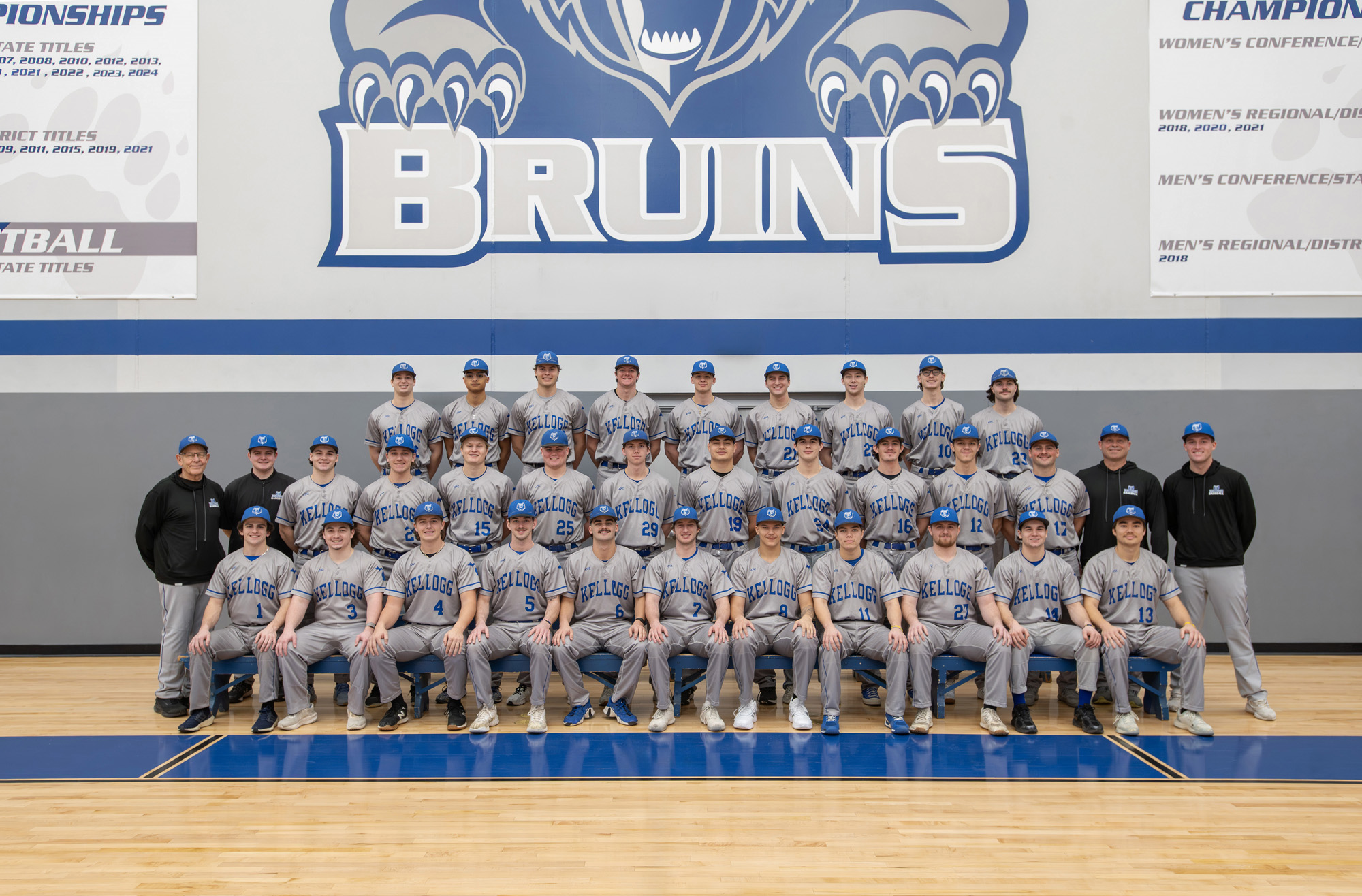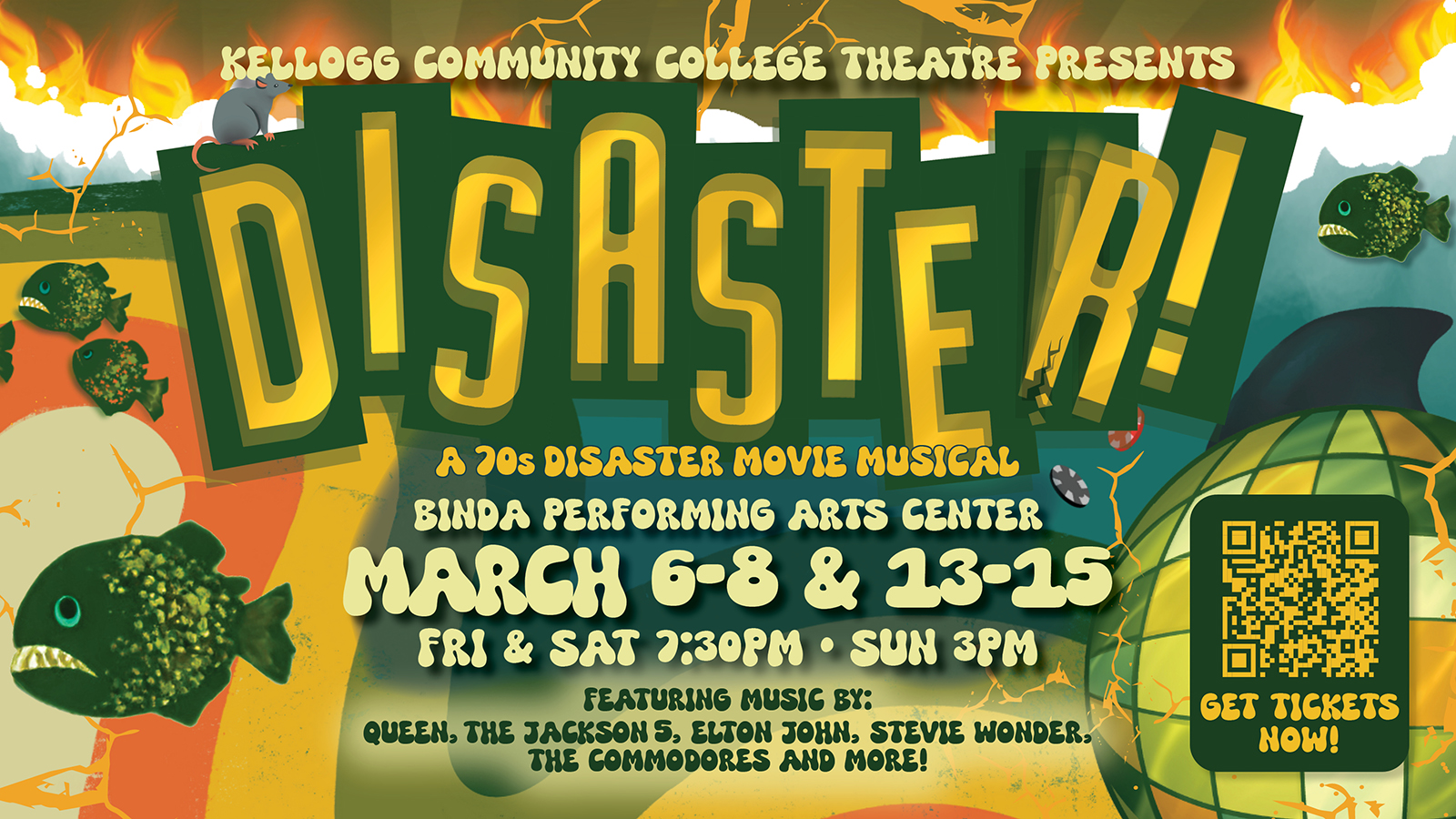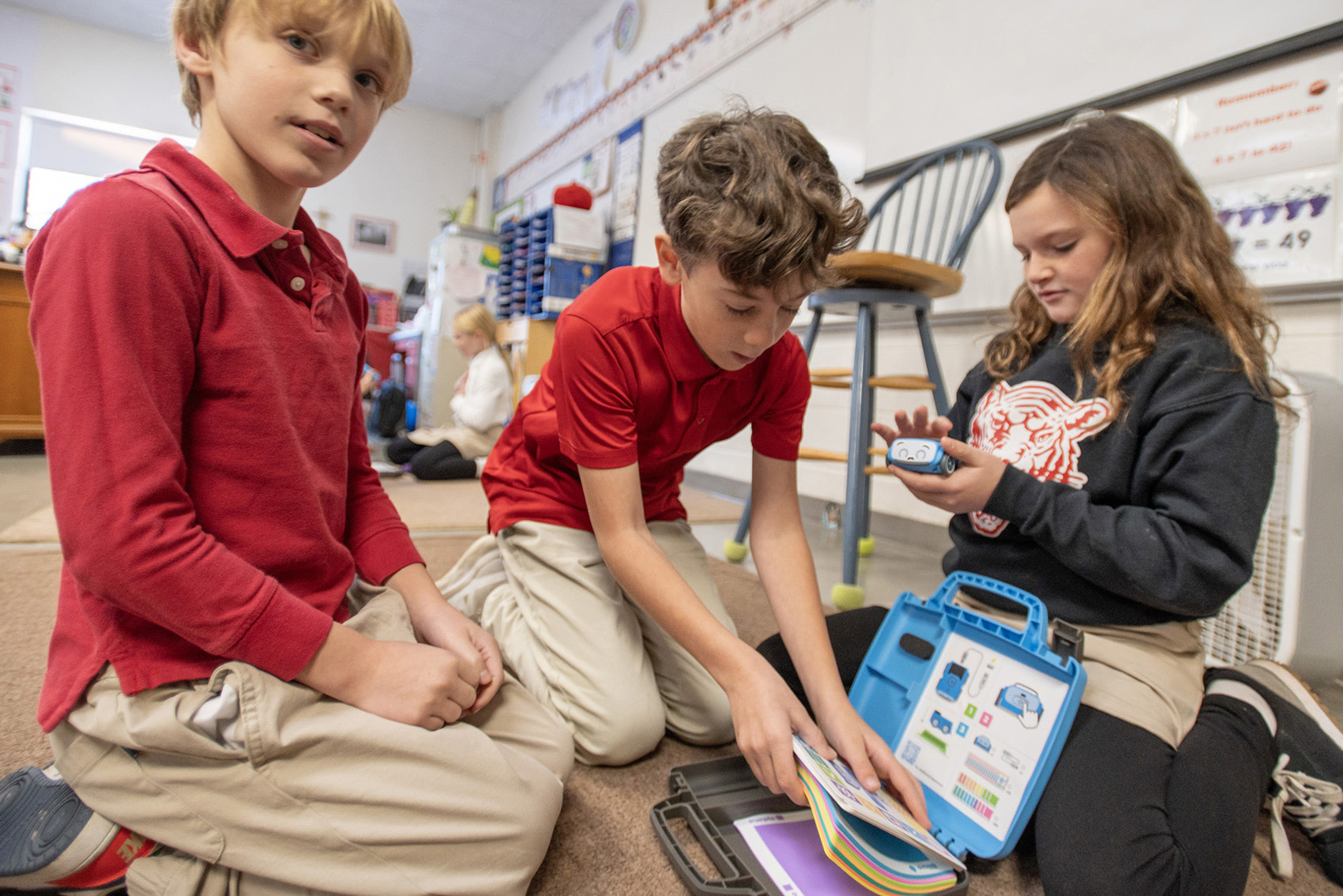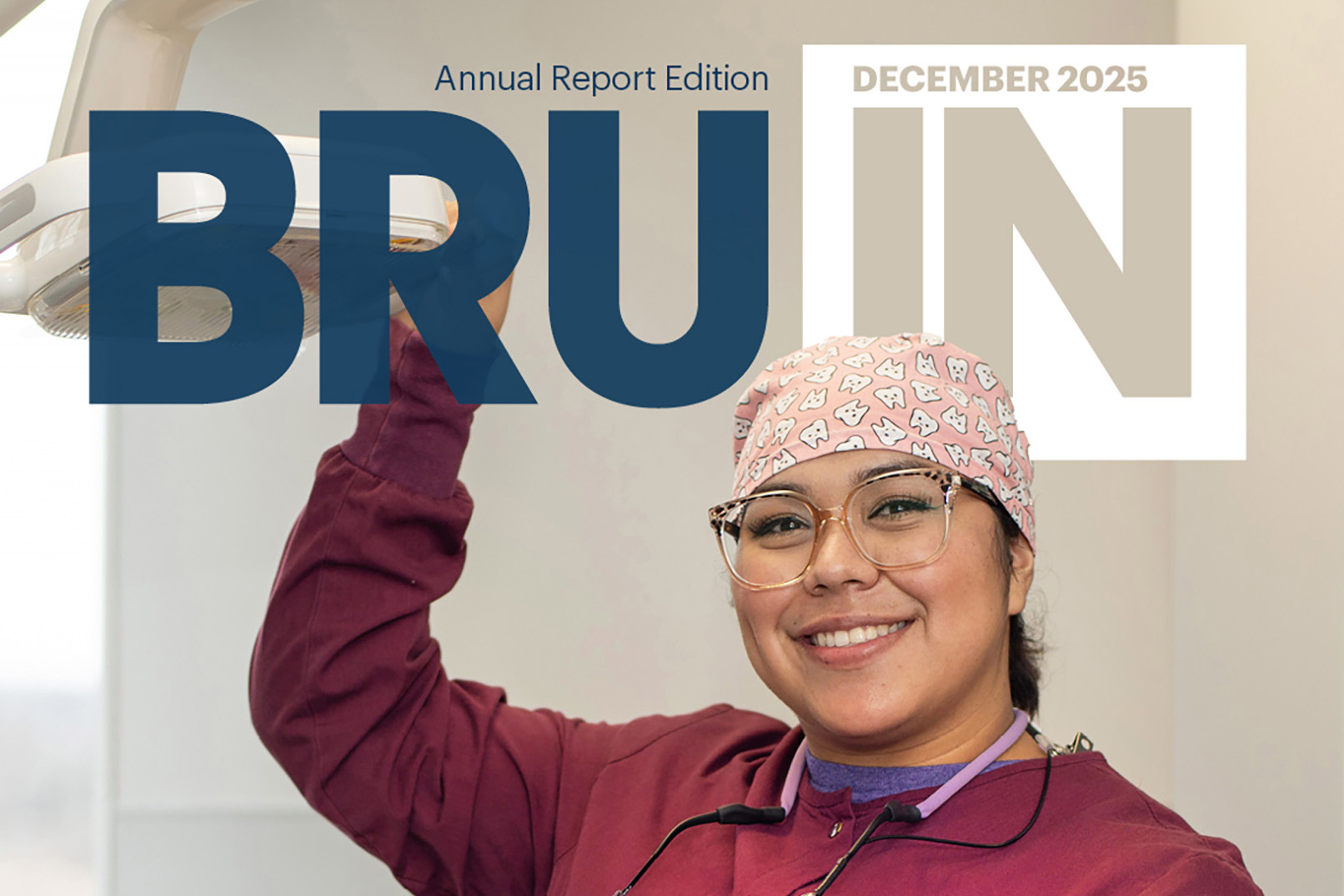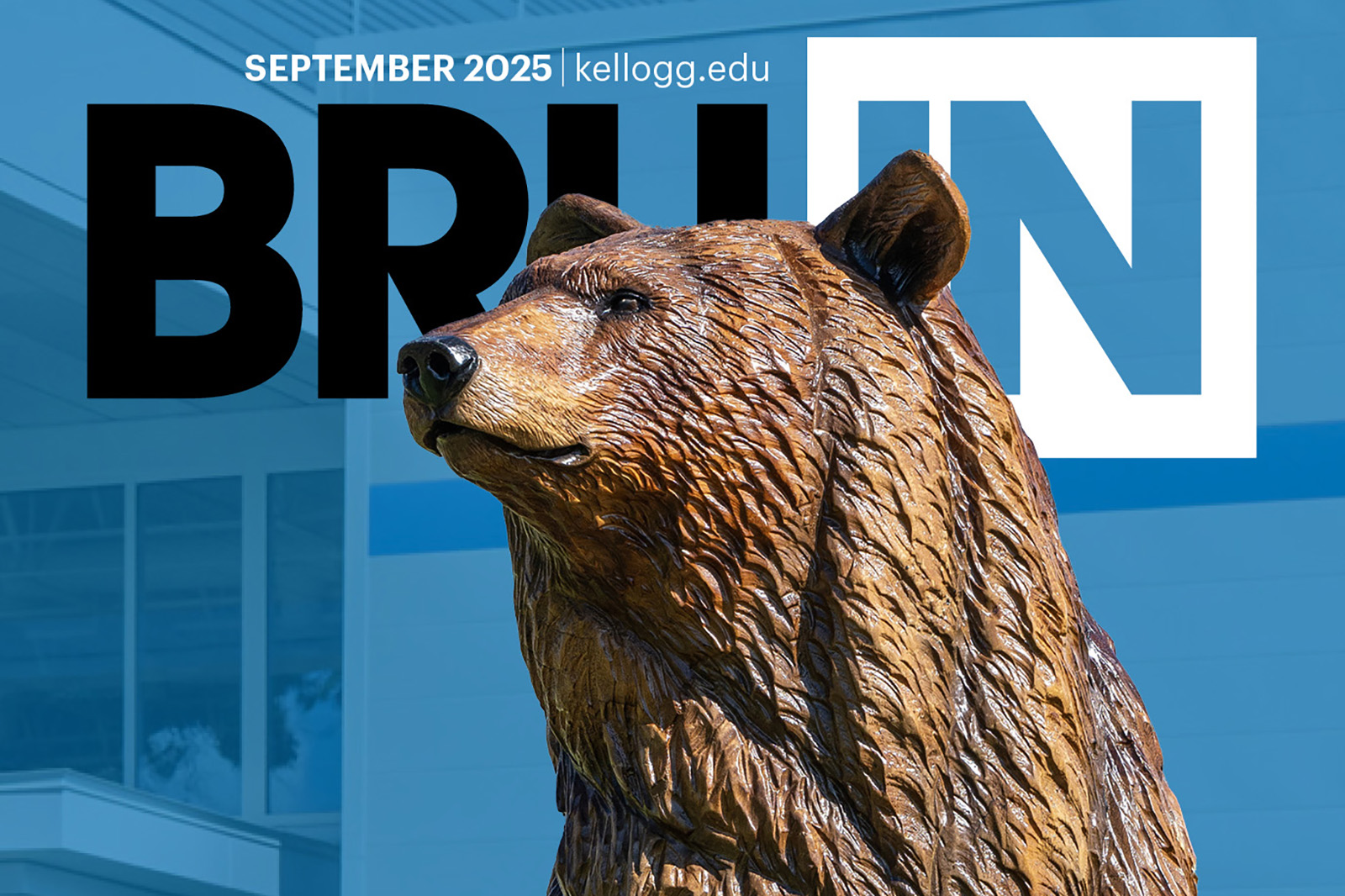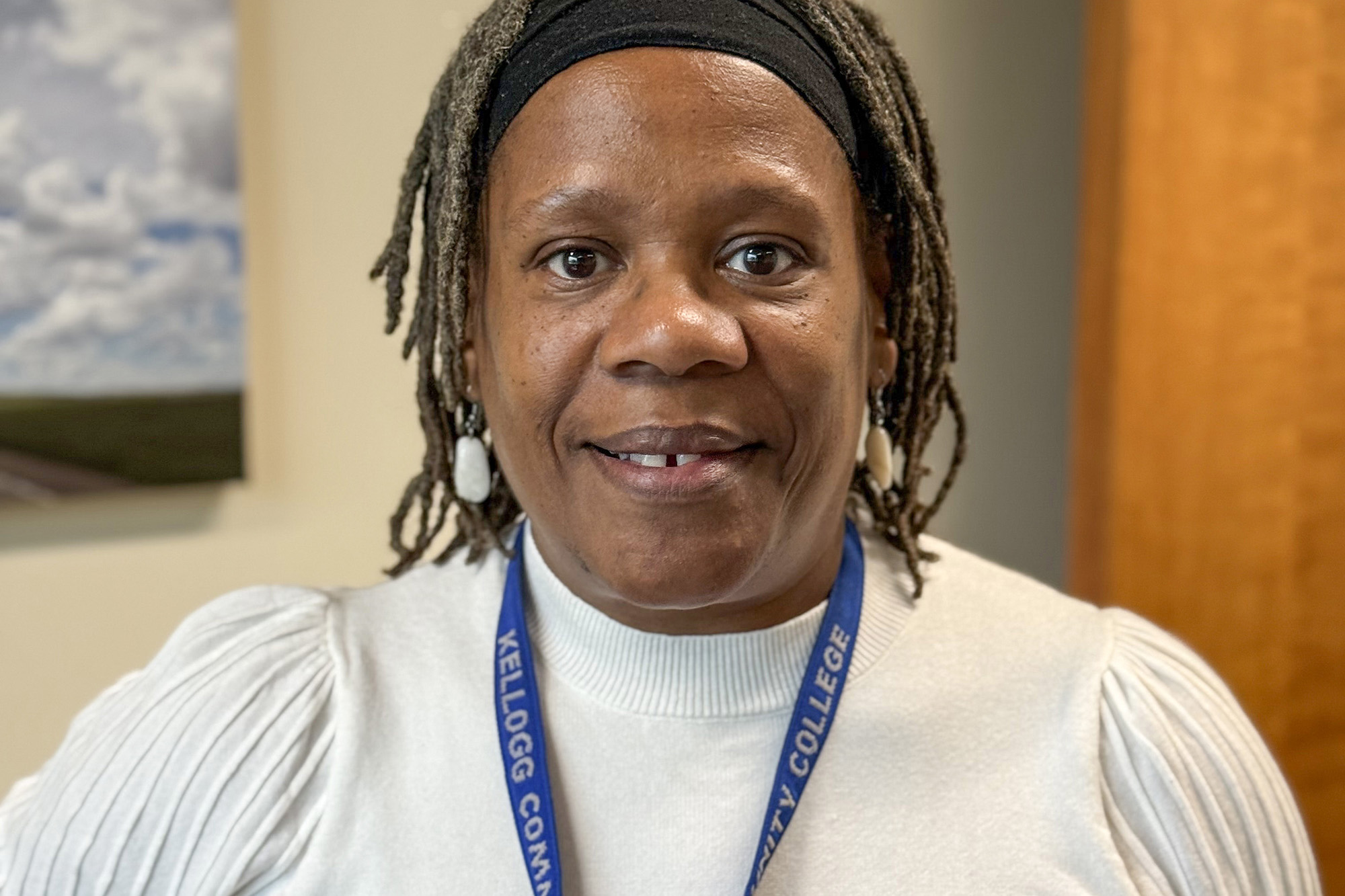Kellogg Community College will celebrate Giving Tuesday Nov. 30 with a donation drive to help address student food insecurity on campus. Below is a Q&A post focused on food insecurity and food insecurity initiatives at KCC from KCC Foundation Program and Events Coordinator Alex Carlson, a key member of the College’s Food Insecurity Task Force.
How would you define food insecurity? What is it, and how prevalent is it in our campus community?
Food insecurity is when individuals lack access to adequate food, and it’s much more prevalent than many think it is. Simply put: food insecurity is when individuals are going hungry. Prior to COVID-19, students at two-year colleges were already facing food insecurity at above-average rates, but COVID-19 exacerbated this issue greatly — especially with the early employment closures that many saw. (On average, studies indicate that 59% of college students experience food insecurity at some point in their college careers.)
What is the purpose of the Food Insecurity Task Force? What types of projects does the task force manage at KCC?
The Food Insecurity Task Force began when faculty, staff and athletic coaches began to see students coming to campus hungry. There had been some grassroots efforts to provide opportunities, with certain departments having apples and granola bars in their offices, and others taking students to the Bruin Bistro to buy them lunch, but the FITF came to fruition in early 2019. The purpose is to provide resources for the KCC community to help students succeed in the classroom (by providing healthy food and meal options). The initial project launched was the Bruin Basket initiative; that is ongoing, but in addition, the task force has looked at external partnerships, grants and fundraisers for food insecurities work, as well as educational initiatives around food insecurity and the stigma of hunger.
Tell us a little bit about the Bruin Baskets initiative. Who is it for and what does it provide?
The Bruin Basket initiative is for anyone. They are free, non-monitored snack stations in multiple places on the North Avenue campus (Miller Physical Education Building, Whitmore Building lobby, Davidson Performing Arts Center lower lobby and Morris Library) as well as the RMTC and the Grahl Center. These stations are placed in convenient locations that are slightly off the beaten path, allowing students and other members of the community to stop by and take what they need without it being obvious what they are doing.
There is nothing to be ashamed about when it comes to being hungry, but the FITF understands that this is not a topic that many are comfortable discussing. We set this initiative up so that students did not have to ask to access the stations, nor did they have to provide any identifying information, allowing them to access these resources anonymously. While this does make collecting data on the success of the program a challenge, it is important to allow students resources in a way that makes them feel comfortable accessing it. We see the program as a success — we are getting food into the hands of those who need it.
Typically, you can find the following items at the Bruin Baskets: granola bars, single-serve Easy Mac, applesauce pouches, microwaveable soups, nuts or trail mix, popcorn and single-serve oatmeal. Items are purchased from a variety of sources, but donations are also welcome. Monetary donations can be made online, over the phone with the KCC Foundation, or anonymously at each Bruin Basket location. Product donations can be coordinated by contacting the KCC Foundation.
Tell us about the task force’s Fresh Food Distribution events on campus. What do the events entail?
A long-term dream of the FITF is to offer an on-campus food pantry for the KCC community, so the Fresh Food Distribution was the next logical step. These monthly events provide, at a minimum, a box of fresh fruits and vegetables to participants at no cost. This event is a partnership with the South Michigan Food Bank (and our 2021 year was made possible by a grant from them as well), so there is some intake information we need to collect from individuals, and that is shared with the Food Bank.
The structure is very simple: Individuals pull up in their car to the Miller Physical Education Building parking lot, answer a few brief questions and then our volunteers load up their car. While the offerings vary each month, we work to have at least three options. Typically, participants can expect a box of fresh fruits and vegetables, 2% milk and a few bakery items. In recent months, we have worked to also provide a protein option (ham and chicken has been offered so far). In 2021, we have been fortunate to distribute nearly 300 boxes!
What have you learned through your work with the Food Insecurity Task Force that has most surprised you?
Many people, particularly those outside of the College, don’t understand that college hunger exists. We have heard from quite a few individuals remarking at how affordable the Bruin Bistro is. Food insecurity faces both four-year and two-year institutions. Our students come from all different walks of life, and we never know their whole story. It’s not always just about having the money to put food on the table — sometimes it’s about having the time, too. I spoke to one student who worked the night shift and just barely made it to pick up his kids and get them to day care before his classes started the next morning. He was grateful for the Bruin Baskets, even though, as he said, on paper he shouldn’t be hungry.
What do you think people should know about food insecurity among KCC students or the greater KCC community in general?
As long as I can remember, there has always been a running joke that part of college is surviving off of ramen noodles and not much else. The joke is over. We need to do better, and we can do better, for our college students. More colleges are starting to offer food pantries and snack stations, which is a great step; we need to continue this work (which KCC is doing and is committed to), and help share these resources farther on our campuses and in our communities.
How can people best address food insecurity on campus or in their community?
Hunger is an invisible challenge, and it’s very hard for many people to ask for help in this area. Help reduce the stigma of hunger: make donations (monetary or product); work with your local food pantries to see what items they need; on campus, find ways to make the pantries (or in our case, Bruin Baskets) a part of the culture and a normal resource. Faculty can include information in syllabi about this resource, it can be shared in orientation, in the first week of classes and just in normal conversation.
Anything else you’d like to say?
Hunger is not something people are comfortable talking about. It is, however, something that is widely understood and so many are willing to support and help. We have had students donate items to help their fellow classmates; a number of students have volunteered to hand out food at the Fresh Food Distributions; and many students have remarked how grateful they are that KCC supports them both in AND outside of the classroom through these efforts. Community members have made donations to the Bruin Baskets, and have come out to support at the Fresh Food Distribution. KCC employees have also stepped up to the plate, leaving donations at the Bruin Basket locations, picking up a few extra items when they do their weekly grocery shopping trip, and signing up for payroll deduction to support this initiative. Find what works for you, and help us continue to support our community by providing them with healthy options and meal alternatives to get them through their day.
Giving Tuesday is Nov. 30. Click here for more information about Giving Tuesday at KCC or visit kellogg.edu/donate to donate today.
(Alex Carlson photo by Kristen Stolz.)


